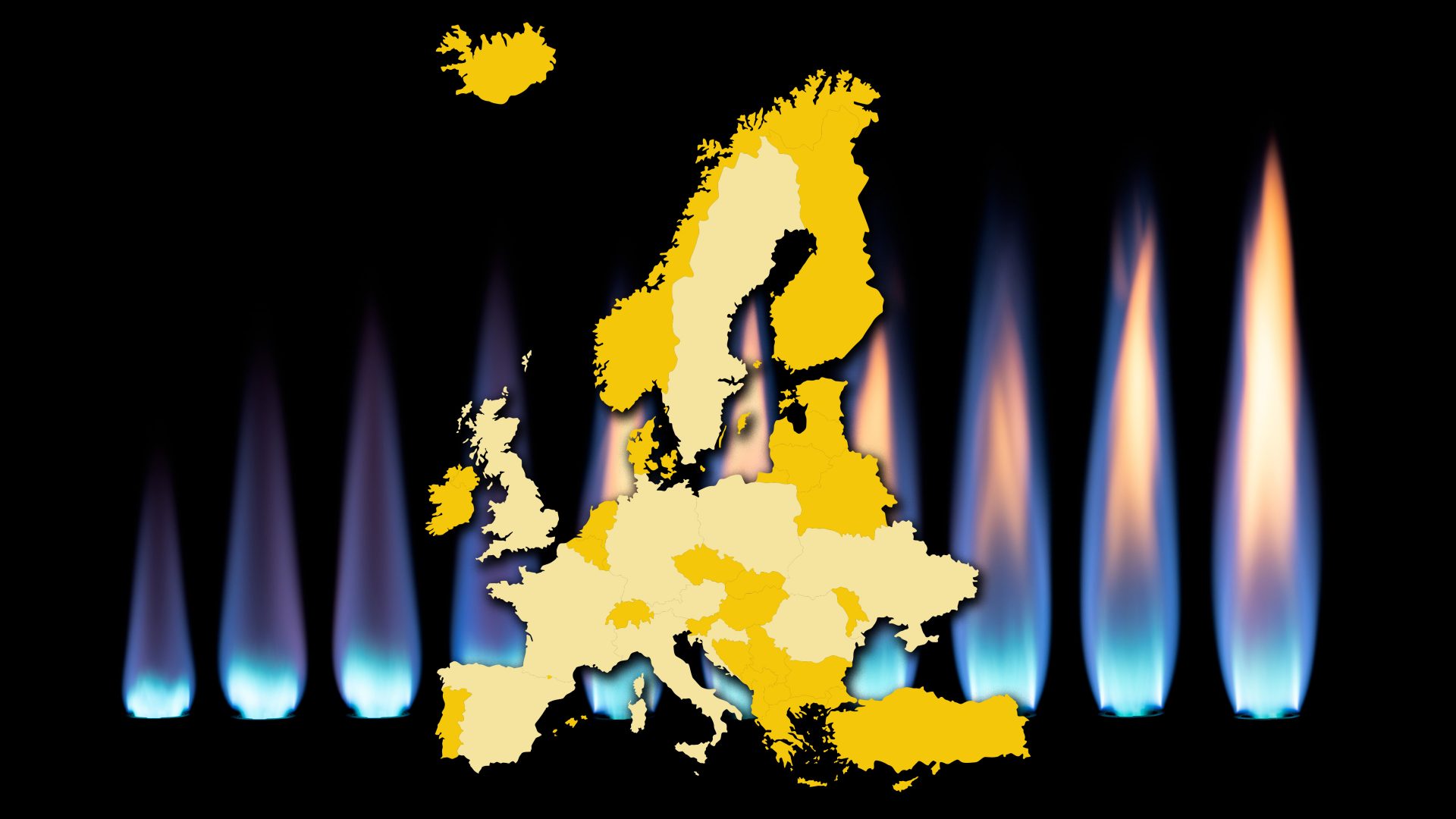As the great Italian philosopher and novelist Umberto Eco declared in his essay on fascism, “freedom and liberation are an unending task”. Eco knew what he was talking about – he spent his early years watching the SS, fascists, republicans and partisans trying to kill one another.
Recent events in Brazil – the storming of political buildings in the capital by supporters of Jair Bolsonaro – are the latest in a series of violent attacks on democracy and ultimately on the freedom of citizens to decide by a majority who will govern them, and so how they will live. Eerily reminiscent of the January 6 attacks on the US Capitol by Donald Trump supporters, the Brazil protests were also triggered by claims of voter fraud and rigging of electronic voting machines. The rhetoric was pure Trump, and there might even be a causal connection if it is more than a coincidence that Bolsonaro was in Florida at the time this riot took place.
Brazil’s elected president, Luiz Inácio Lula da Silva – known as Lula – was swift to condemn the perpetrators as “vandals” and “fanatical fascists”.
The label “fascist”, though, is a slippery one. It is easy to use – former RMT assistant general secretary Steve Hedley did so against Richard Tice, leader of Reform UK, and the political journalist Isabel Oakeshott on TalkTV the other night during a discussion about rail strikes – but its exact meaning is very hard to pin down. Eco had an explanation for this. Unlike nazism, fascism is very far from being a single thing with an underlying essence. He calls it “fuzzy totalitarianism”, by which he means that the grounds for accurately labelling someone a fascist aren’t clear-cut. There’s no single definition that will pick out all fascist movements. That’s because every fascist movement is a collage of different and sometimes contradictory political and philosophical ideas. These movements merit the same label, but that doesn’t mean they have a single common denominator: “The fascist game can be played in many forms, and the name of the game doesn’t change,” as Eco says.
Eco uses Ludwig Wittgenstein’s notion of a family resemblance term to explain this. Wittgenstein used the example of games. There is no single defining feature that all games share: they are activities that are sometimes competitive, sometimes not. Some games require skill, others don’t. Some require teams, others, like solitaire, can be played alone. In the absence of a simple defining feature that all games share, we understand them in terms of key features that some games have and others don’t, in terms of the patterns of overlapping resemblances they have with one another.
Eco argues that the concept of fascism is like the concept of game. Yet despite the concept’s fuzziness, there are a number of typical features that fascism may display. These are tendencies, and not all fascist groups share all of them. Most only exhibit a small range of them. Only one feature is needed to have what Eco calls “Ur-Fascism” or “Eternal Fascism”, the dangerous monster that keeps rearing its head and causing so much havoc and pain in the world. Eco lists 14 features of Ur-Fascism, some of which seem very relevant to events in Brazil.
I won’t list them all, but selective populism is a key feature. Bolsonaro purported to deliver the voice of the people, but this is selective in the sense that his was the voice of only some of the people (not even a majority). As Eco puts it: “For Ur-Fascism… individuals as individuals have no rights, and the People is conceived as a quality, a monolithic entity expressing the Common Will”. Another feature is fascism’s fear of difference. This can be expressed as xenophobia, or in the case of Bolsonaro, a rejection of gay rights and slurs against LGBTQ people that have been a catalyst for a string of violent attacks. That also embodies a kind of traditionalism that is often part of fascism. A further feature Eco mentions is the feelings of humiliation that fascist leaders exploit: the class of workers who feel that the elite have it all their own way are easily exploited by the rhetoric of a leader playing to their fears and hurts.
Ultimately, you might think, this is all playing with words. Nice work for a philosopher, but it doesn’t really matter whether you label Bolsonaro and his followers as fascist or not. What matters is that they are anti-democratic and ready to use violence to seize political power, whether as a mob or perhaps even by seeking a military overthrow of Lula’s legitimate government. I disagree. Fascism is flourishing in many places beyond Brazil, and we need to appreciate its many guises. If not, we might all find our heads under its boot.



